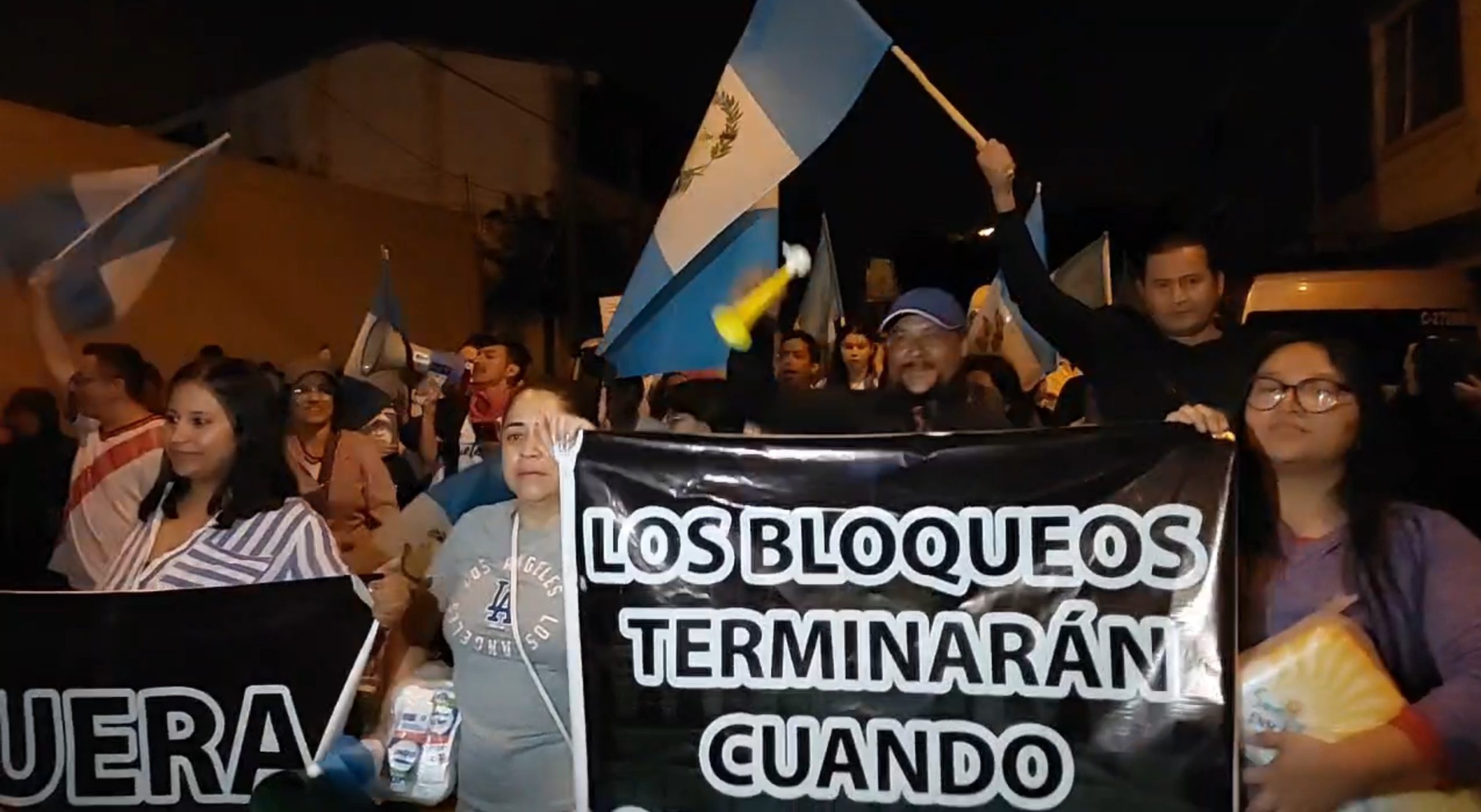Podcast: Play in new window | Download | Embed
This week, Colorado released a report on Indian boarding schools in the state, including the Fort Lewis boarding school near Durango.
The comprehensive review has new information about Native American children who died at some of the schools.
As KSJD/KSUT’s Clark Adomaitis reports, Fort Lewis College has been preparing for the report’s public release.
The historic Fort Lewis operated as a boarding school for Native American students in the late 1800s and early 1900s.
The new report details the history of systematic abuse and negligence at the school, and it contains a new estimate that 46 children are buried at the old Fort Lewis Cemetery.
“It was really important for us to make sure that students felt supported in terms of having extended counseling center drop-in hours available.”
Heather Schotton is vice president of diversity affairs at Fort Lewis College.
She says the school understands that the report may be traumatic for the estimated 1,400 Native American students at Fort Lewis.
“Our Native American and Indigenous Studies faculty will be available for students to review it, to explain different components of it, help them to process and understand the report.”
It’s part of the charter mission of Fort Lewis College to heal the damage left behind by the Indian boarding school bearing its name.

Courtesy 48 Cantones / Facebook
The Central American country of Guatemala this week saw massive protests against government actions widely seen as an attempt to undermine the transition of power to the president-elect.
As Maria Martin reports, what’s unique about these mobilizations is they’re being led by the country’s Indigenous citizens.
In more than a dozen key points in the country, crossroads, bridges, ports, and airports, Indigenous Guatemalans, who make up 40% of the population, have come out in massive numbers to protest and block traffic, calling for all Guatemalans to join in a national work stoppage to stop those who want to overturn the results of the August 20 election.
Indigenous Mayor Luz Emilia Hulario: “Democracy has died, but the people of Guatemala are going to revive it.”
Manfredo Marroquín of Transparency International: “This mobilization of rural Indigenous people, it’s very rare in the history of Guatemala.”
Marroquín says these recent mobilizations are totally different from mostly urban protests in the past.
Current democracy actions have originated in the rural areas and are well organized.
Marroquín believes the Indigenous movements are what’s kept a total coup from taking place so far, as the ruling business class fears what more disruption could do to Guatemala’s economy.
 The Cherokee Nation in Oklahoma has collaborated with AT&T on an internet and digital learning center.
The Cherokee Nation in Oklahoma has collaborated with AT&T on an internet and digital learning center.
On Friday, they’ll open the Connected Learning Center to assist Native citizens and community members who face connectivity barriers.
It will open with a full-time digital navigator who will help provide one-on-one digital skills training and app and device support.
The learning center will also provide computer and internet access for the public.
The Cherokee Nation, especially in rural communities, estimates that at least 6,000 Cherokee citizens do not have access to the internet or computers at home.
This is the first center on the Cherokee Nation and the 28th Connected Learning Center that AT&T has opened nationwide.
The company plans to launch more than 50 centers across the country by mid-2024.
Get National Native News delivered to your inbox daily. Sign up for our newsletter today.



